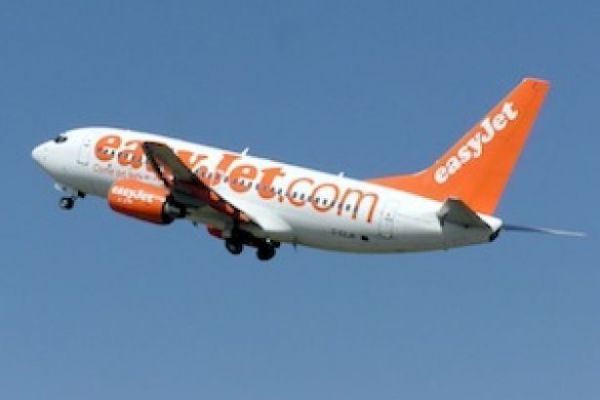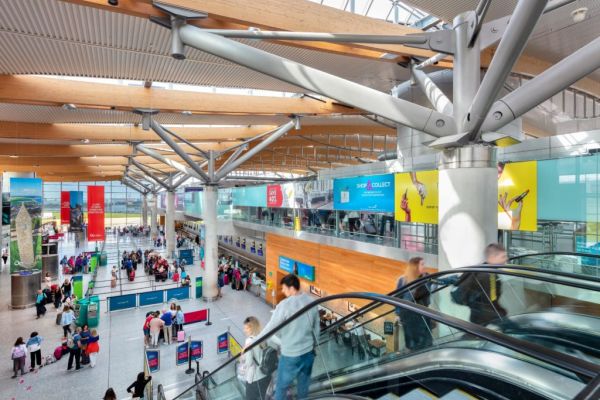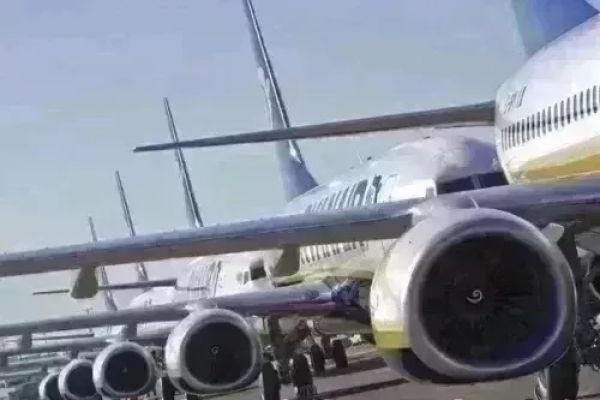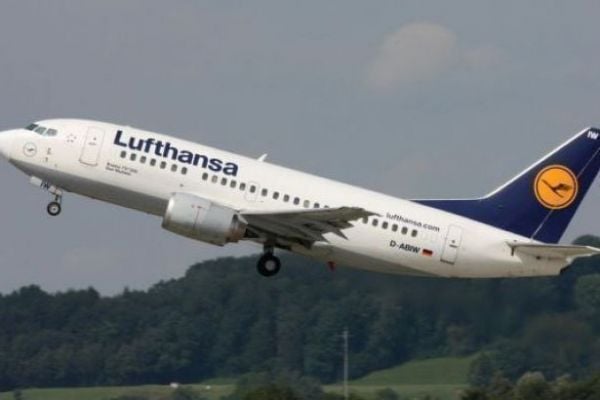You can't understand Easyjet's first-half trading update on Tuesday without looking at the competition - especially Ryanair.
Michael O'Leary's recent decision to start being nice to his passengers - instead of bamboozling them with costly surcharges - is a direct challenge to Easyjet. The orange-hued airline had long been seen as friendlier to customers and has had more success attracting business passengers, who pay higher fares.
But Ryanair’s change of heart has helped widen the valuation gap between the two: the Irish carrier now trades on almost 14 times estimated earnings, compared to Easyjet which is on 10 times, according to Bloomberg data.
How to respond? Easyjet has rightly decided that tackling costs, an area where Ryanair has typically outperformed, is the way to go.
Easyjet's first half costs per seat were £38.61, excluding fuel. That's miles better than legacy carriers but some way short of the €26.78 a seat that Ryanair achieved in its most recent quarter, according to Barclays. Easyjet promises that costs per seat (excluding fuel) will remain flat until 2019 - but that only highlights how little room the airline has to cut costs.
You’d think a 42 per cent decline in fuel prices over the past year would lend a helping hand, but Easyjet’s conservative hedging policy means that’s not really the case.
Jet fuel cost an average of $409 a tonne over the past six months, but Easyjet has hedged 87 per cent of this year’s fuel requirement at $814 and the same proportion next year at $626. Fuel costs therefore decreased only 10 per cent in the six months through March, compared to the year-earlier period.
Still, Easyjet estimates a full-year fuel cost reduction of as much as £180 million, which equates to roughly 25 per cent of last year’s operating profit.
That sounds nice - but the airline will struggle to keep hold of those savings. Lower fuel costs have encouraged European carriers to add capacity, which is driving down fares because demand hasn’t kept pace due to a spate of terror attacks.
Easyjet added 7.4 per cent in new capacity year-on-year, a fraction more than competitors. Little wonder Easyjet’s fiscal first half revenue-per-seat fell 6.6 per cent, and the company expects it to fall again in the second half.
It's understandable, then, that Easyjet is trying to find ways to keep shareholders sweet. The company increased the proportion of post-tax profit it pays out in dividends to 50 percent from 40 per cent.
Easyjet can easily stomach that pledge - analysts expect net profit to increase by about 5 per cent this year - but it will need to do more if it's to narrow its discount to Ryanair.
(This column does not necessarily reflect the opinion of Bloomberg)
News by Bloomberg, edited by Hospitality Ireland








